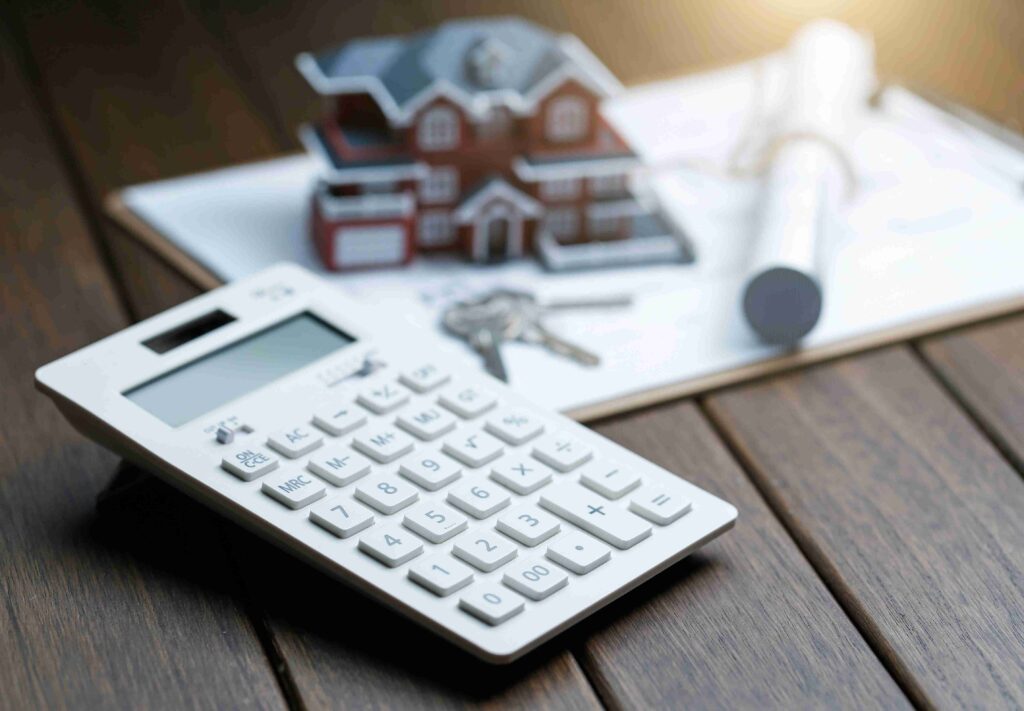1. How Probate Affects Property Value

Deferred Maintenance
Many probate properties have been unoccupied or under-maintained for months or even years. The deceased may have lived alone, had limited mobility, or lacked funds to keep up with repairs. After their passing, heirs may delay upkeep due to grief, logistics, or uncertainty about the estate.
This can lead to:
- Deteriorating roofs, plumbing, or HVAC systems
- Outdated interiors
- Code violations or safety hazards
Example: A probate home with original 1970s fixtures and a leaking roof may appraise far lower than neighboring updated properties, reducing perceived market value.
Emotional Attachment or Disputes
Emotions can cloud judgment. Heirs with strong emotional ties to the property may overvalue it, setting unrealistic asking prices. In contested estates, disagreements between beneficiaries can delay pricing decisions or the sale itself.
This indecision not only prolongs the selling process but can lead to missed market windows or forced price drops later.
Pricing Below Market Value
To expedite settlement, many probate properties are intentionally priced below market value. Executors and courts often aim to liquidate assets quickly, especially if the estate needs to pay off debts or distribute proceeds among multiple heirs.
While this benefits buyers and investors, it can suppress comps in the immediate area if several probate homes sell for less than market norms.
Legal or Title Complication
Probate properties may have unresolved liens, back taxes, or unclear title issues—especially if the deceased passed intestate (without a will). These complications can affect appraisal outcomes, reduce buyer confidence, and necessitate steep discounts.
2. How Probate Affects Marketability

Longer Sales Process
Probate sales typically require court oversight, which can add 60 to 180 days or more to the timeline. Buyers may be hesitant to engage with uncertain close dates, especially in fast-moving markets.
Some jurisdictions also require notice periods or public auctions, further complicating the process.
Limited Buyer Pool
Because of the added legal steps and “as-is” nature of most probate sales, these properties tend to attract:
- Cash buyers
- Investors
- Experienced real estate professionals
First-time homebuyers or FHA-financed purchasers may be deterred by the added complexity or condition of the property.
Buyer Financing Challenges
Traditional lenders often hesitate to finance probate properties, especially if the title has not been fully cleared or if court approval is pending. Appraisals may also fall short due to the home’s condition or lack of recent comps.
Buyers must often:
- Use hard money loans
- Offer all-cash
- Wait longer for financing contingencies to clear
Disclosure and Transparency Issues
Executors may not be familiar with the home’s systems, prior repairs, or hidden damage. This can result in limited disclosures, which raises buyer concerns. Inspectors may uncover issues that would typically be disclosed in a traditional sale, adding friction to negotiations.
3. Mitigating the Negative Impact

Work with Probate Real Estate Experts
A Certified Probate Real Estate Specialist (CPRES) or attorney can streamline the process, guide heirs, and minimize legal setbacks. Experienced professionals can price the property realistically, navigate court protocols, and coordinate with all stakeholders.
Clean, Stage, and Market the Property Professionally
Even if sold “as-is,” basic cleaning and decluttering significantly improve buyer perception. In some cases, partial staging or virtual staging can showcase layout and potential. High-quality photography and targeted marketing (e.g., investor networks, probate buyers) widen exposure.
Use Independent Administration
When possible, opt for independent administration of the estate. This allows the executor to act without constant court approval, which can:
- Accelerate timelines
- Simplify negotiations
- Attract a broader range of buyers
Consider Selling to Investors
If speed is essential or repairs are impractical, selling to an investor can eliminate delays. Many investors buy “as-is,” pay cash, and are familiar with probate timelines, making them ideal for less marketable properties.
Example: An out-of-state heir inherits a vacant duplex with foundation issues. Rather than repair or list it traditionally, they sell to a cash investor within 30 days, avoiding property tax penalties and HOA fines.
4. Potential Upsides of Probate Properties

For Buyers/Investors:
- Access to under-market properties
- Less buyer competition
- High ROI potential with rehab
For Heirs:
- Quick liquidation of estate assets
- Simplified asset division among family
- Relief from property tax, maintenance, and HOA obligations
For Agents:
- Niche expertise that builds trust and referrals
- Less competition from other listings
- Opportunity to build a repeatable probate marketing system
Conclusion
Probate undoubtedly complicates real estate sales but with the right approach, it can also unlock unique opportunities. While deferred maintenance, legal delays, and financing hurdles can lower value and limit marketability, proactive steps can mitigate risk. Whether you’re a buyer, agent, or heir, understanding the probate process is key to navigating it successfully and unlocking hidden potential.
Other related Topics
Probate Sales vs Traditional Real Estate Transactions: https://realestatetalks.org/2025/06/16/probate-sales-vs-traditional-real-estate-transactions
How Real Estate Investors Can Navigate Probate Properties: https://realestatetalks.org/2025/06/09/how-real-estate-investors-can-navigate-probate-properties
Understanding the Probate Process: https://realestatetalks.org/2025/06/05/understanding-the-probate-process


